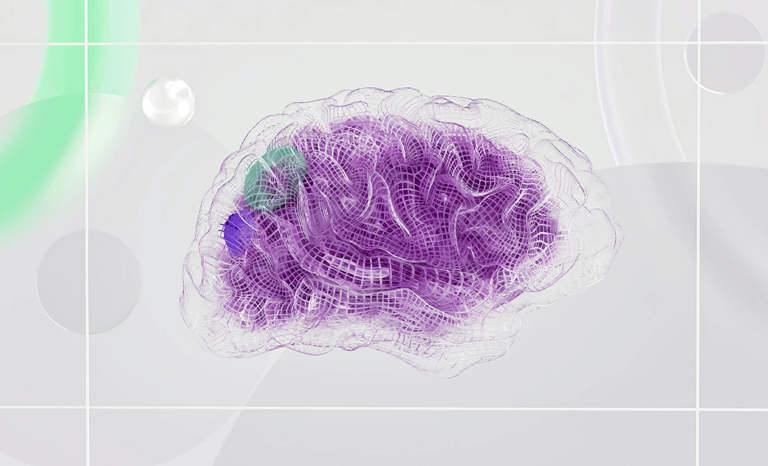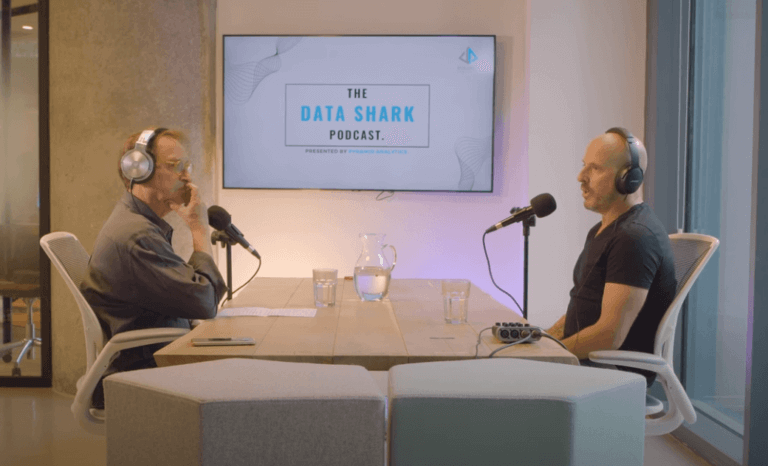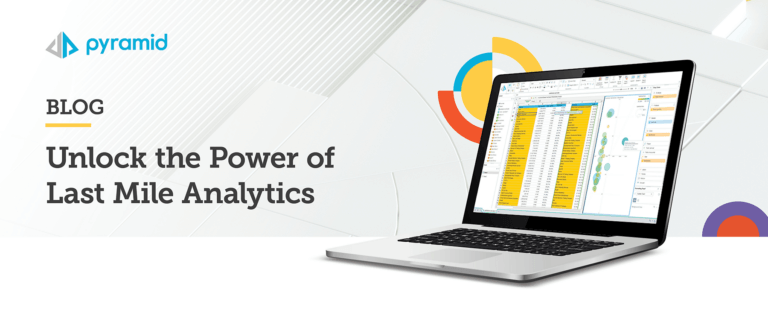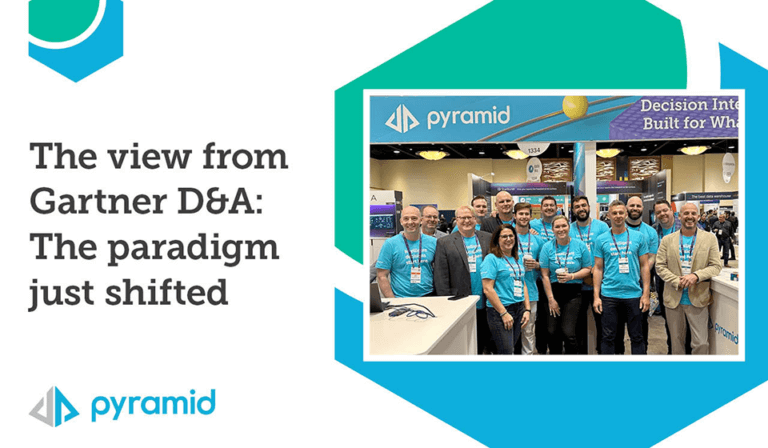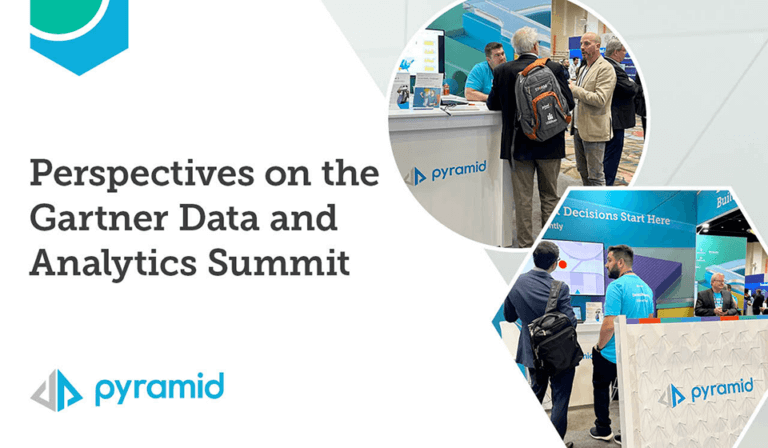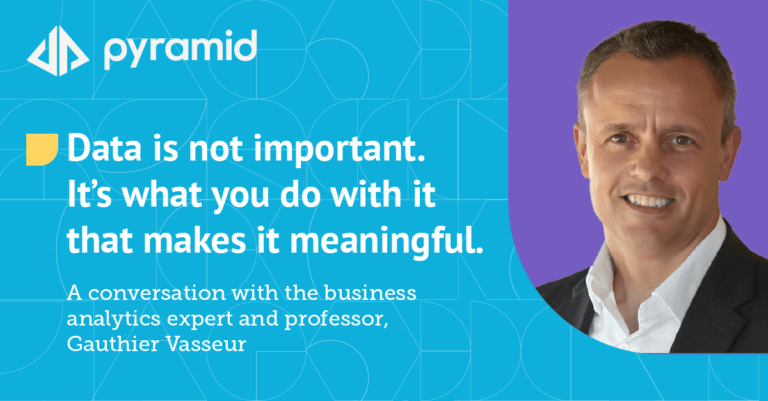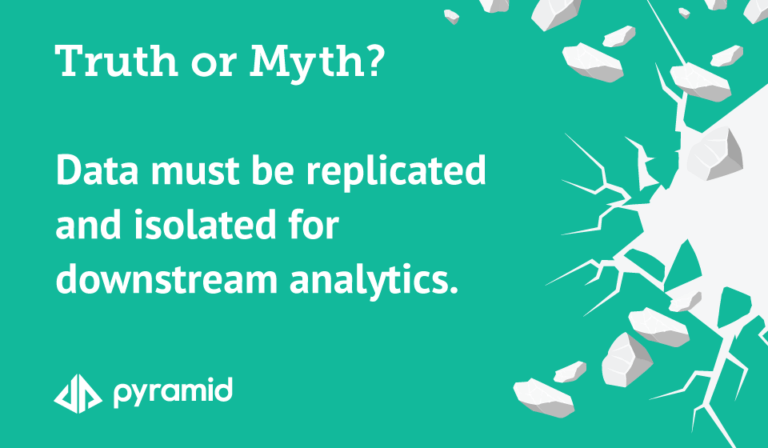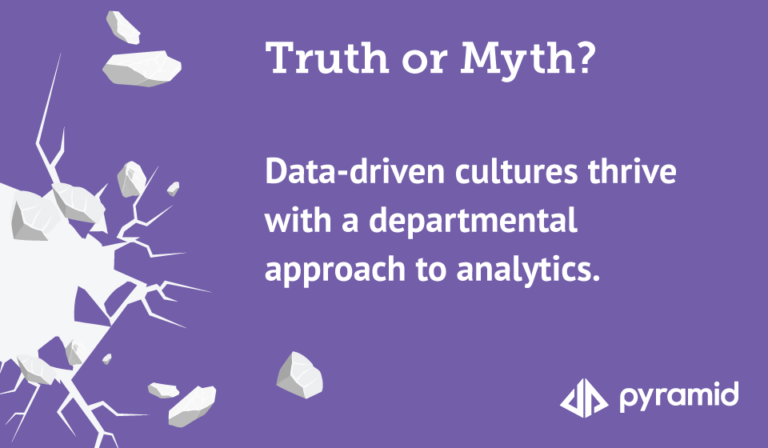Do we in the business intelligence community need to be careful what we wish for? Are we ushering in an age during which our own insight and value will be made obsolete? Will there come a time when our work as “data apostles” is no longer necessary?
I felt compelled to write this post after spending time thinking about something many would consider scary or even dangerous: the ’Autonomous Corporation.’ With the advancement of machine learning and AI, it is not too preposterous to conceive of the ultimate data-driven organization: one where algorithms drive all decision-making processes independent of human intervention. Is our human decision-making process valuable in decision intelligence?
We are already laying the foundation of a world built around AI. Google’s Nest is quietly gathering data on how we like to control our home’s climate, and Amazon’s Alexa makes suggestions on what we might enjoy based on algorithms that are constantly being refined. If we allow the intrusion of machine intelligence so easily into our private lives, why would we expect that corporations be immune to the same?
What would an autonomous organization look like? Could it function purely on data without any human experience to guide it? Why does imagining this possible future inspire fear?
Answering these deep questions may lie outside the scope of a mere blog post. Still, this train of thought led me to contemplate questions on the basic drivers for decision-making: what is the role of logical and emotional processes in our decision-making life cycle? Are we building ourselves a gallows by exalting ‘logic’ above all else?
Brain vs. Heart
One of the main barriers to achieving a data-driven organization is our internal desire to follow our instincts/intuition. When I say intuition, I mean the sum of our experiences that we internalize and use as the subconscious driver of our decision-making process. This entails our life experience, including work, education, cultural values, moral codes, etc. While trying to implement a data culture, we are often still drawn into our own intuition that implores us to listen to our ‘heart’ rather than our ‘brain.’
Reliance on intuition vexes us in the business intelligence community because it is often the source of misguided decisions. A great starting point to understand the depth of this issue is to watch this phenomenal lecture by Dan Ariely. Scholarship on decision-making and rationality has consistently shown us that our belief in our own decision-making process as logical is misguided. No one makes this point better than him.
If data is the key to rational, informed decisions, we need to find the force to step away from a self-assured belief in our own rationality; time and time again, we are proven to fall victim to cognitive illusions.
But should we divorce ourselves entirely from intuitive or emotionally based decisions? How do we quantify their value? Why do we hold so strongly to a mode of thinking that is proven insufficient so frequently? When I ask myself these questions, I cannot help but return to the concept of trust.
Human decisions are built around experiences spanning an individual’s entire life. When we attack the validity of intuitive decisions, we call into question all the education and work experience an individual has relied upon in the past. Of course, people are going to “trust their instincts;” their instincts are built on years of internalized experiences. Evolutionarily, our brains have developed over millions of years and run on these intuitions.
Data-driven decisions, on the other hand, are entirely logical. Entirely transparent. And entirely novel. No wonder many people, when faced with an unsuccessful data system implementation, are quick to claim “garbage in, garbage out.” We are asking people to place trust in systems in which they have no experience operating.
We can understand the conflict between these two schools of thought by looking at “the HR dilemma” as a good easy-to-grasp example. Think of a well-liked, hardworking, intelligent employee that underperforms when subjected to data analysis: A salesperson that might be a great team player, receive overwhelmingly positive feedback from customers and generally be viewed as an aspect of the organization. Despite all this, they can’t seem to reach their sales numbers.
Intuition will tell us to keep training the employees and investing until they perform at the level we believe they can. A data-reliant perspective will implore us to let the employee go. To disregard our feelings and trust in the numbers. So our heart will encourage us to keep them on the job, but our brain will suggest pointing them to a new career path.
Which path should we follow?




